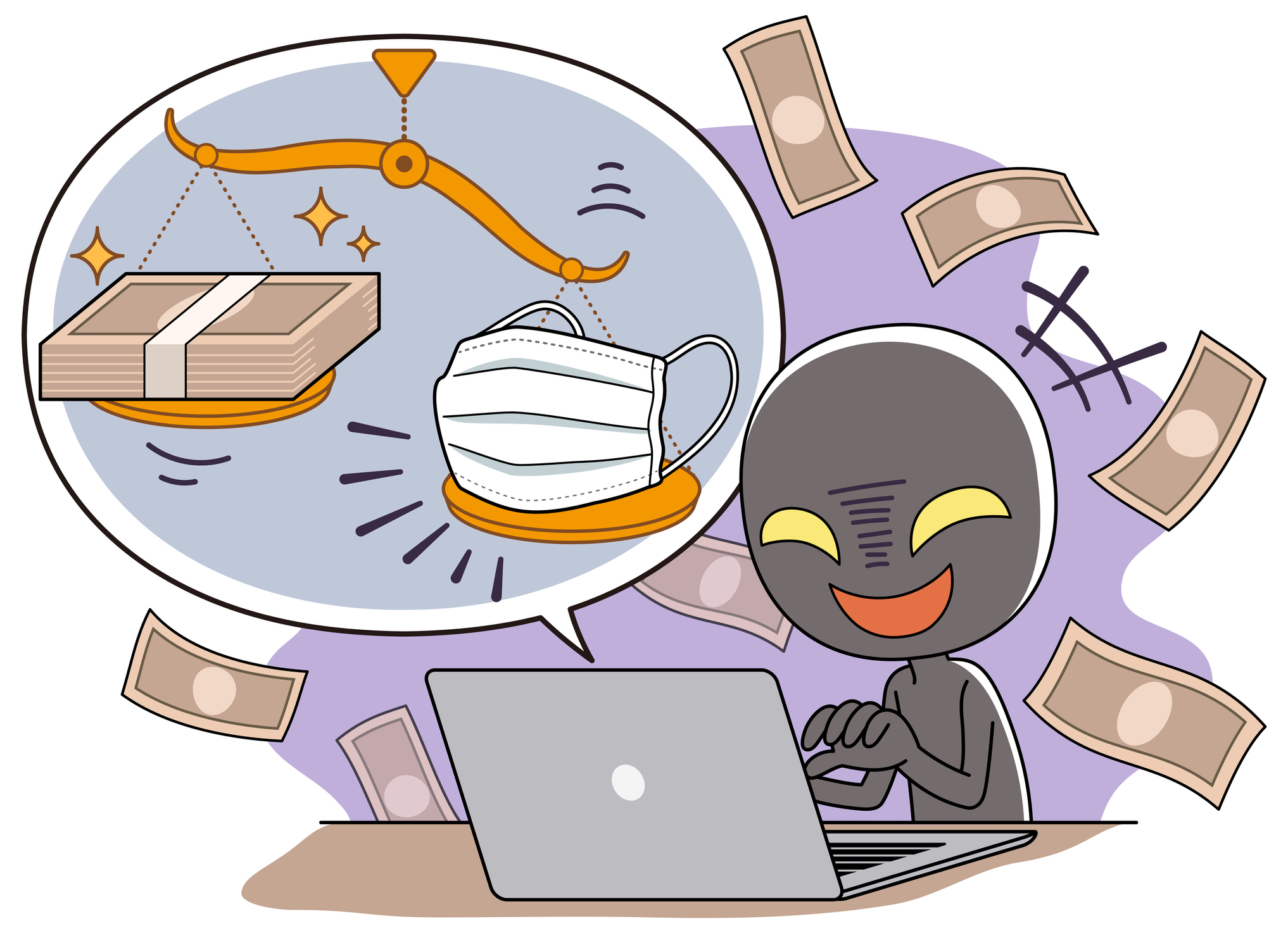While the world is working to contain the spread of COVID-19, protect families and support health care workers, scammers are using the crisis to prey upon people’s fears and anxiety. Isolated older adults especially may fall victim to fraudsters using phone calls, texts and emails to trick them into giving out personal and financial information in exchange for medical equipment, tests or medication.
According to a recent Royal Bank Community newsletter, fraudsters have been reported calling people telling them they have tested positive for COVID-19 and trying to obtain financial information to pay for a drug. Other recent scams involve receiving a free face mask from the Red Cross or salespeople offering home coronavirus tests. These are all scams; there are no home tests or drugs currently approved to treat COVID-19.
It’s important now, more than ever, to remind seniors to be vigilant about not giving out any personal information over the phone, by email or by text and never to answer the door to someone they don’t know. Be very wary of anyone offering herbal remedies, miracle cures, virus air filters, vaccinations or faster testing. Check with your local health department, The Centers for Disease Control and Prevention or the World Health Organization for updated and reliable information about COVD-19.
Scammers will also use the current pandemic to create fake charities and try to solicit donations through social media or emails. Individuals wishing to donate to a charity should always verify the charity’s name, address and telephone number and ask for the registered charitable tax number.
Fraudsters have also been caught sending emails posing as a government official offering a financial incentive or requiring urgent information. Don’t follow links or call telephone numbers contained in emails. Always check directly with an official government office website to get more information and never open emails from unknown sources. Once again, NEVER give out financial information by email, text or over the phone.
During uncertain times, many people including older adults may be eager to find a source of extra income. Scammers are also using the current upheaval to “hire” people to act as shoppers or financial agents which is often a way for criminals to launder counterfeit money. Always verify that any company you apply to work for is legitimate and remember that an above-board job won’t require applicants to pay any expenses, especially before an interview. Never give out bank account information to someone you don’t know or trust.
For more information about protecting yourself and loved ones from COVID-19 fraud, follow this link to the Canadian Anti-Fraud Centre or visit the Federal Trade Commission website here.






Add Your Voice
0 Comments
Join the Discussion